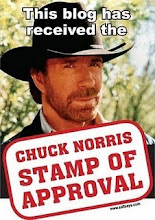 Elaine Brown
Elaine Brownwith the Black Panthers upon their return from China
The first female leader of the Black Panther party, Elaine Brown has spent her life as an activist for improving the living conditions of Blacks in the United States, and for justice in the prison system working both to improve prison conditions and overturn wrongful convictions. She established the Mothers Advocating Juvenile Justice organization, and has spear headed the effort to appeal and free Little B for the wrongful conviction of a murder police claim he committed at the age of 13. Little B was given life in prison as a result.
Brown originally joined the Black Panther Party in 1978 as a rank and file member. Then Chairman of the party, David Hilliard, recruited Brown to record music delivering a message of revolution. She eventually became the editor of the Black Panther newspapers, and by 1971 became a member of the party's central committee.
In her memoir A TASTE OF POWER, Brown stated that women were considered inappropriate for leadership roles within the Black Panther Party. As she puts it, such positions were meant to bolster black masculinity. As a result, Brown was pushed to take up a more forceful persona to assume leadership and successfully head the movement. During her time in such position she focused on accomplishing change via electoral politics and community service. This work led to the successful win of the first Black Mayor of Oakland, Lionel Wilson in 1977. Eventually Brown left the Party stating that the strains of sexism within the movement were too oppressive for her to continue her work there.
Later in life, Brown went on to continue to fight for Black liberation, focusing more specifically on prison reform. Today she also strives to motivate others to both recognize poor conditions within the U.S. social system and to invoke change.
To read more about Elaine Brown see her memoir A TASTE OF POWER













No comments:
Post a Comment